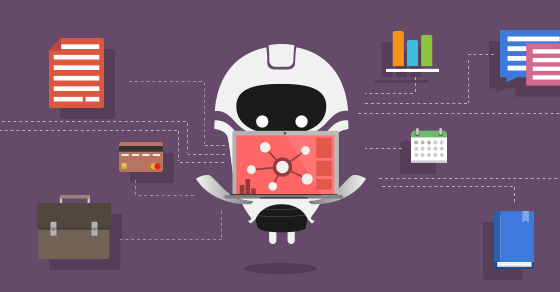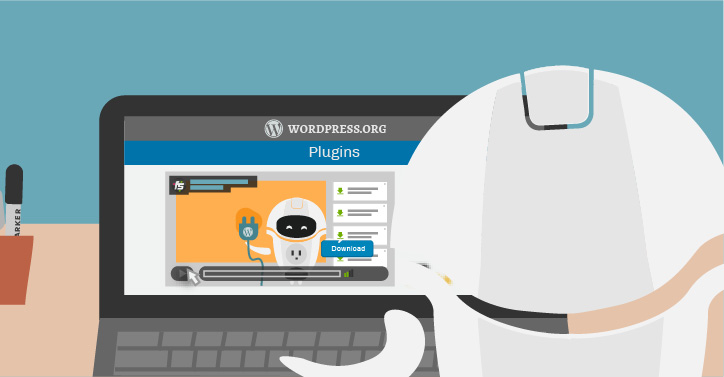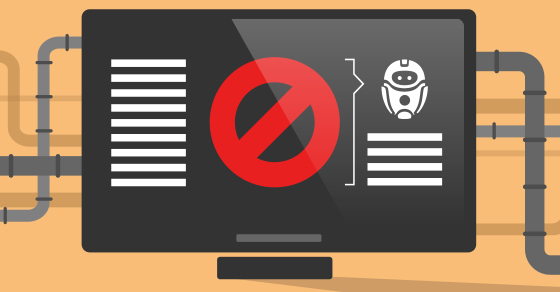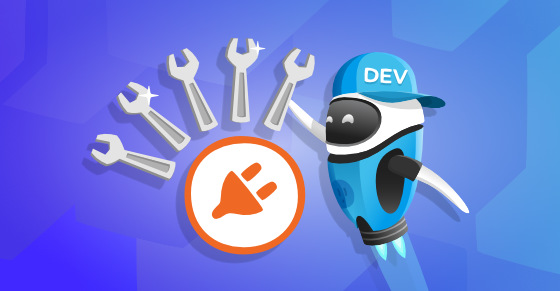|
|
As a premium plugin developer, if you don’t understand how the human brain works, you’ll be leaving a lot of money on the table. In order to get more plugin sales, you need to understand some of the human brain’s quirks – and how to take advantage of them.
In this article, you’re going to find out how the average human brain decides whether to buy your plugin or not. You’ll see that it’s not so easy to categorically conclude whether we have a free will or not when it comes to buying products. You’ll also learn how to exploit (morally!) the peculiarities of the brain in order to make more sales.
Sound good? Let’s get cracking!
How Does the Human Brain Actually Work?
Let’s start by breezing through the practical science you need to understand.
There are two processes in the brain happening constantly: conscious and unconscious. All the unconscious processes happen in the ‘older’ part of the brain, called the ‘reptilian’ brain, while conscious processes happen in the ‘newer’ part of the brain.
The conscious process is responsible for our self-awareness; the uniquely human side of us, if you will. Most cognitive processes come about as a result of the conscious process.
Meanwhile, the unconscious process is more ‘animal’ than human. It is responsible for (you guessed it) ‘unconscious’ actions, such as split-second reflexes. The unconscious process is always running, and it doesn’t need your conscious intervention. On the contrary, stopping your unconscious processes is extremely difficult.
Most interestingly for our purposes, the unconscious part of the brain doesn’t necessarily make what we would consider ‘rational’ decisions. While you might be focused on the rational (conscious) part of the brain when trying to sell people on your plugin, when it comes to buying (and many other things in life), people often don’t behave rationally at all.
How to Appeal to the Reptilian Brain
The reptilian brain wants to avoid pain at all costs. That’s its job: to protect you.
With that in mind, you should write your marketing messages in a way that explains how the customer can solve his pain by using your plugin.
The reptilian brain also wants you to survive. If it senses danger, it’ll do everything to get you out. You can use this to your advantage by placing a countdown timer or by mentioning you’ll only sell a limited amount of licenses.
You want to trigger the pain points of the customer in your copy. Don’t think that the potential customer is always aware of their pain: they’ll forget about it unless you remind them.
For example, if you read the RatingWidget plugin repository page, you’ll see us mentioning WooCommerce compatibility. We did that because people often forget about compatibility with other – in this case, e-commerce – plugins, and how much pain that could cause in the long run.

Furthermore, the old part of the brain is self-centered. That’s why you should always write your copy in second person, using the words “you” and “your”.
Finally, use strong, sharp contrasts with other similar plugins. For example, let’s say you were selling a security plugin. You could write this headline: “BackupBuddy Creates Website Copies – [OUR_PLUGIN] Makes Sure You Don’t Have to Create Them.”
Exploit Cognitive Imperfections of the Conscious Brain
You shouldn’t ignore the conscious part of the brain either. There are some cognitive imperfections that you can – once you learn and understand them – exploit as well. Be moral though, since the following list is pretty powerful:
1. Attribution Error
The 1967 study by Edward E. Jones and Victor Harris has shown that we tend to ignore circumstances and the overall context, and attribute everything to a person’s or organization’s personality.
Implications:
- The personality of your business is extremely important. Make your copy conversational and personable, and don’t be stiff.
- People don’t care about your circumstances. If they like you, they’ll forgive you more.
2. Confirmation Bias
A study of number sequences by Peter Wason has shown that people justify what they already believe.
Implications:
- If your sales page doesn’t leave a good first impression, people probably won’t buy your plugin, even if it’s logically the best thing to do for their situation.
- First impressions are important and hard to disprove.
3. Self-Serving Bias
We ignore information that challenges our ego. We take credit for success and blame external factors for failure. It’s really difficult to take criticism with an open mind, and use it to your advantage.
Implications:
- Don’t try to be smart and attack your readers inside of your headlines.
- Don’t produce plugin videos that show how incompetent your target audience is.
- If you want to show your potential users’ flaws, victimize them first.
4. Belief Bias
In 1983, a study by Evans, Barston and Pollard showed that we tend to reject extreme conclusions – even if they’re logical and sound.
Implications:
- Don’t go too far with logical arguments in favor of your plugin.
- Make your benefits realistic, even if your plugin solves extreme problems.
5. Loss Aversion
In 1981, Amos Tversky and Daniel Kahneman published a study: The Framing Decisions and the Psychology of Choice.
The study has shown that we take risks when the outcome is framed as a loss. When it’s presented as a gain, we don’t take risks – we want a surefire option.
Implications:
- When offering coupons for your plugin, don’t say “pay only…”; say “save …”
- USPs should be framed as a loss. For example, “Stop losing your website to hackers”, not, “Save your data from hackers.”
Conclusion
Not knowing how the human brain works can leave you in the dark. In fact, your competition is probably already exploiting some of the above tactics to their advantage – even though your plugin might be better. Now it’s your turn.
In conclusion, when targeting the old brain, focus your marketing materials on:
- Pain
- Survival
- Self-centeredness
- Making sharp contrasts
On the other hand, when targeting the conscious part of the brain, focus on:
- Your business’ personality
- Creating good first impressions
- Not attacking your readers in any way. If you have to point out their flaws, be sure to make them a victim.
- Not being too logical.
- Framing outcomes as losses.
What kind of tactics do you use when trying to appeal to the human brain? Share your comments below.








Cool stuff can happen when you combine psychology and development. I like to dive deep in both areas)
You have touched on a very deep and interesting topic that is simply impossible to disassemble in one satier, so I will wait for the continuation in the following articles.